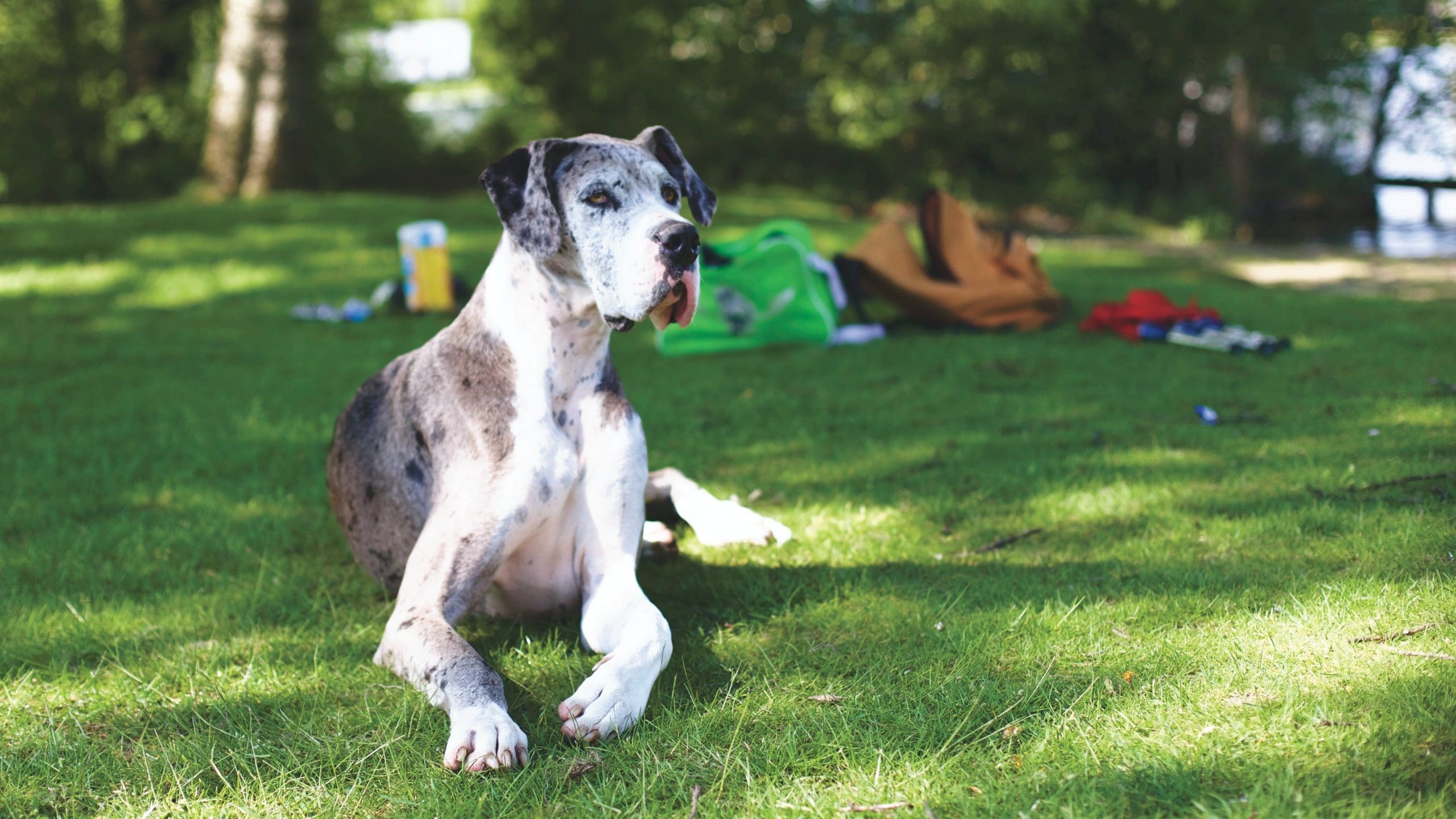As a dog owner, witnessing your furry friend in distress can be heart-wrenching. One of the most frequent issues many pet parents encounter is vomiting. If you’re questioning, “Why is my dog throwing up?” rest assured, you’re not alone. Vomiting can occur for various reasons, and grasping the potential causes can help you decide the best response for your pet.
Common Causes of Vomiting
When a dog vomits, it can be alarming. You might observe your dog retching or heaving, followed by the expulsion of food or liquid. This can be an occasional occurrence or a recurring issue. The reasons behind vomiting can range from minor to severe, making it essential to pay attention to the context of the situation.
Dietary indiscretion is a typical cause. Dogs are naturally curious and often consume things they shouldn’t, such as garbage, spoiled food, or even non-food items. If your dog has recently ingested something unusual, this could explain the vomiting. Additionally, a sudden diet change can upset their stomach and lead to vomiting.
Health Issues to Consider
Underlying health problems can also trigger vomiting. Conditions such as infections, pancreatitis, or gastrointestinal obstructions may result in this behavior. If your dog is vomiting frequently or if the vomit contains blood or bile, consulting a veterinarian promptly is crucial. These signs could indicate a serious condition needing immediate attention.
Puppies and Vomiting
Puppies, in particular, are prone to vomiting for various reasons. Their inquisitive nature often leads them to chew on and ingest inappropriate items. Puppies may also vomit if they eat too quickly or consume excessive amounts of food. Monitoring their eating habits and ensuring they only eat appropriate items is vital.
Stress and Anxiety Factors
Stress or anxiety can also lead to vomiting in dogs. Changes in their environment, such as moving to a new home or the addition of a new pet, can contribute to anxiety that manifests as vomiting. Creating a calm environment and maintaining a routine can help your dog feel more secure.
Monitoring Your Dog’s Condition
When your dog vomits, it’s important to observe the frequency and nature of the vomiting. Occasional vomiting may not be concerning if your dog appears otherwise healthy—playing, eating, and drinking normally. However, if vomiting occurs repeatedly or if your dog displays signs of lethargy or refuses to eat or drink, seeking veterinary advice is imperative.
Additional Considerations
Certain medications can also cause vomiting. If your dog is on medication and starts throwing up, consult your veterinarian to see if the medication may be the cause. They might need to adjust the dosage or switch to a different medication.
Motion sickness is another factor to consider. Some dogs may vomit during car rides. If your dog tends to vomit while traveling, it’s worth discussing management options with your veterinarian, such as medication or techniques for gradual desensitization.
Age-Related Concerns
Age can also play a role in vomiting. Older dogs may have more health issues that can contribute to this behavior. Conditions like kidney disease or liver problems are more common in senior dogs. Observing any changes in behavior or appetite can help catch potential issues early.
Hydration and Diet Management
Monitoring your dog’s hydration levels is essential, especially if they are vomiting persistently. Vomiting can lead to dehydration, so ensure your dog has access to fresh water at all times. If they refuse to drink or cannot keep water down, seeking veterinary attention is crucial.
Some dogs may experience reflux vomiting, where stomach contents flow back into the esophagus. This can occur if a dog eats too quickly or has an empty stomach for long periods. Feeding smaller, more frequent meals can help manage this issue.
Activity and Overexertion
After a particularly active day, you might wonder, “Why did my dog throw up?” Overexertion or playing too hard can upset their stomach, especially if they haven’t eaten recently. Monitoring your dog’s activity level and ensuring they take breaks can help prevent vomiting related to physical exertion.
If vomiting persists, your veterinarian may suggest dietary changes or a temporary fasting period to allow your dog’s stomach to settle. After fasting, they may recommend gradually reintroducing food, starting with bland options like boiled chicken and rice, to see how your dog responds.
Keeping a Close Eye
Keeping a journal of your dog’s eating habits, activity levels, and any other symptoms can assist your veterinarian in diagnosing the issue more effectively. Documenting when vomiting occurs, dietary changes, and any behavior shifts can provide valuable insights.
Being attentive to your dog’s health is vital. Your pet relies on you for care and support, so recognizing when something is amiss is essential. Don’t hesitate to reach out to your veterinarian with any concerns regarding your dog’s well-being. Understanding the reasons behind vomiting can empower you to take appropriate action when your dog is unwell.



